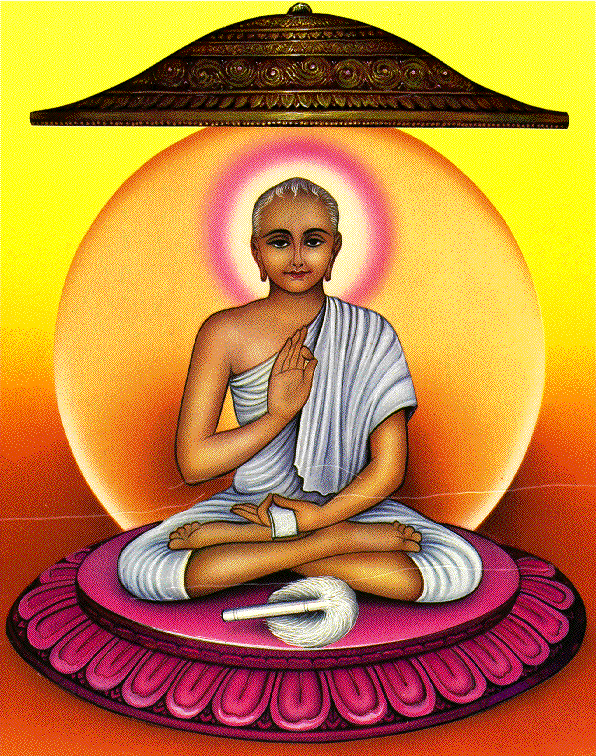Jainism God – The belief in a creator, mentor, or destroyer God is rejected by jainism. Any enlightened human being who has attained the state of godliness is regarded as a God, according to Jainism. The quality, state, or consciousness of godliness is only one of many Gods. Therefore, Mahavira was a God; however, he was not the only God; there were numerous other Gods as well. However, all of them share the same quality of godliness. Thus, Jainism is simultaneously polytheistic, monotheistic, nontheistic, and atheist.
According to Jainism, godliness is the inherent quality of every soul that embodies infinite bliss, power, knowledge, and peace. The soul’s Karmas, on the other hand, subdue these qualities. God is the individual who achieves this state of soul through right behavior, right knowledge, and right belief. Kaivalya or Bodhi refers to this state of soul perfection. As a result, a God becomes a soul that has been freed from suffering, the cycle of rebirth, the world, and Karmas before also being freed from his body. Moksha or Nirvana refers to this state.
As a result, gods can be divided into two groups: embodied gods, also known as Trthankaras, Arihantas, or regular Kevalin, and formless gods, also known as Siddhas. According to Jainism, the Devs and Devas are considered to be demi-goddesses and demi-gods who reside in heaven due to their meritorious past lives. Even though these souls are in heaven for a predetermined amount of time, they still have to reincarnate as humans before they can be freed.




